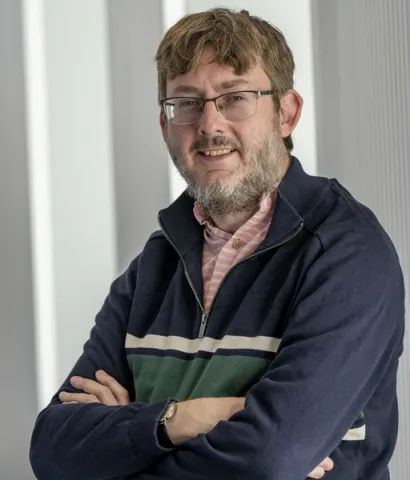About the project
We wish to recruit a PhD student who is keen to learn an inter-disciplinary approach to their research. Our project proposes investigations around markers of resilience, and access to healthcare, in rural Ghana, West Africa.
In lower-income settings, such as Ghana (West Africa), there are strong associations at household level between indicators of poverty, resilience (including food insecurity) and poorer health outcomes. Our own 2025 (unpublished) research shows moderate to severe food insecurity range from 64-82% in four northern Ghana districts, with overall food insecurity prevalence at 100%.
The Intergovernmental Panel on Climate Change has described Ghana as a ‘hotspot’ for extreme weather. Inconsistent and extreme weather patterns (including drought, extreme heat and floods) make access to health services increasingly challenging. There is a need for targeted/precise strategies that identify individual households which are particularly vulnerable.
Here, the successful student will learn how to coordinate and bring together different types of research, including data from surveys and social network analyses (quantitative) and focus groups (qualitative). You will apply these skills to settings of high povety and low development, with a high chance of making a real difference at the end of your PhD. We will introduce you to our international networks, such as the WHO, MInistry of Health and Ghana Health Service colleagues. You will also have the opportunity to travel to Ghana. See this news piece for examples of our Ghana research.
Additional technical training or support
With this being a mixed-methods approach, we would not expect the candidate to arrive 'fully-skilled'. We will provide and seek out further training and development opportunities to complement existing skillsets. For example, if the student comes from a quantitative background, we will help them to augment existing knowledge whilst learning about qualitative research methods.
There will be opportunities for experiential learning within Ghana, e.g. to travel to study sites when fieldwork is in operation.
Supervisors
As well as Dr Michael Head (lead supervisor), Professor Emma Plugge, Dr Markus Brede and Ms Jess Boxall from the University of Southampton, you will also receive supervision from Professor Victor Mogre, Department of Health Professions Education and Innovative Learning, University for Development Studies, Ghana.
References
Mogre, Victor; Head, Michael (2023). How can community-led dialogue support improved knowledge, attitude and practice around nutrition, mosquito-borne disease, and skin NTDs in rural Ghana? Preprint. https://doi.org/10.6084/m9.figshare.24470137.v1
Household food insecurity, living conditions, and individual sense of security: A cross-sectional survey among Burkina Faso refugees in Ghana
Abdul-Wahab Inusah,Ken Brackstone,Tahiru Issahaku Ahmed,David Tetteh Nartey,Jessica L. Boxall,Ashley I. Heinson, Michael Head ,Shamsu-Deen Ziblim. PLOS One. 2025. https://doi.org/10.1371/journal.pone.0317418
Knowledge, attitudes and practice towards yellow fever among nomadic populations: A cross-sectional study in yellow fever outbreak communities in Ghana. Abdul-Wahab Inusah,Gbeti Collins,Peter Dzomeku,Michael Head ,Shamsu-Deen Ziblim. PLOS Global Public Health. 2023. https://doi.org/10.1371/journal.pgph.0000733

